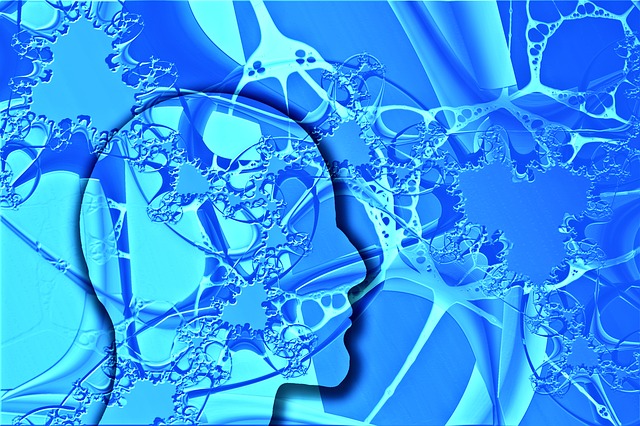Researchers recently identified a group of mood neurons in the brain that may play a key role in emotional development in adolescence.
The amygdala is an almond-shaped brain structure that is made up of a set of nerve cells (neurons) responsible for emotional processing and emotional response learning. The amygdala is unique because it continues to grow throughout childhood and adolescence after the rest of the brain has already finished growing. Researchers believe this late spurt of brain growth in the amygdala has a hand in human emotional development and can potentially explain certain neurodevelopmental disorders, such as autism, anxiety, depression, and other mood disorders.
In new research published in Nature Communications, scientists from the United States discovered a unique group of premature neurons in a region of the amygdala known as the paralaminar nuclei. In order to understand the role of these neurons and how they may affect emotional development in adolescence, the researchers examined human amygdala tissue from 49 post-mortem human brains that ranged in age from 20 gestational weeks up to 78 years.
The researchers sought to classify the neurons’ maturity and functionality within the nervous system and discovered that a high percentage of premature neurons persisted during childhood before decreasing rapidly in adolescence. The number of premature neurons in the amygdala goes from approximately 90 percent at birth, to just below 70 percent by age 13, to only about 20 percent by the end of adolescence. They found that mature excitatory neurons replaced these premature neurons and hypothesized that the timing of when these neurons mature suggests that they are involved with emotional development in adolescence.
Interestingly, the researchers also found that a small number of premature neurons appear to remain premature in the amygdala throughout adulthood, even up to a 77-year old brain. This could mean the human brain is potentially capable of emotional response flexibility and learning late into life.
The researchers conclude that adolescence is an important time for emotional processing of how to respond to the environment, such as learning stress responses and social bonding. However, this is also a time when psychiatric or mood disorders may develop and manifest, thus suggesting that something may have gone wrong in the emotional development process. It is not known whether these neurons play any role in the development of these disorders and future studies should explore this further.
Written by Maggie Leung, PharmD
References:
Mood neurons mature during adolescence. (2019, June 24). Retrieved from https://www.eurekalert.org/pub_releases/2019-06/uoc–mnm062119.php
Sorrells, S. F., Paredes, M. F., Velmeshev, D., Herranz-Pérez, V., Sandoval, K., Mayer, S., . . . Alvarez-Buylla, A. (2019). Immature excitatory neurons develop during adolescence in the human amygdala. Nature Communications,10(1). doi:10.1038/s41467-019-10765-1
Image by Gerd Altmann from Pixabay



